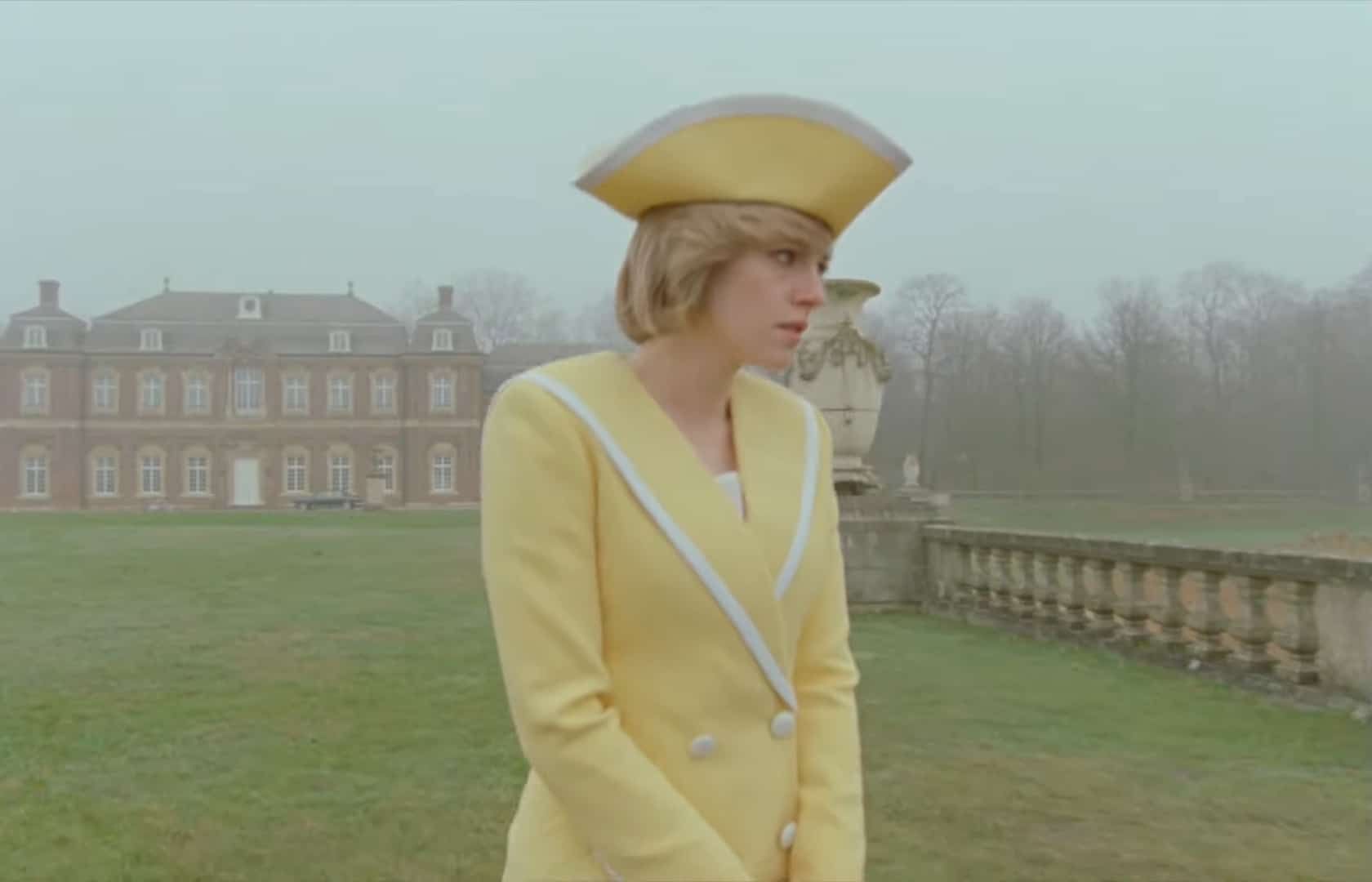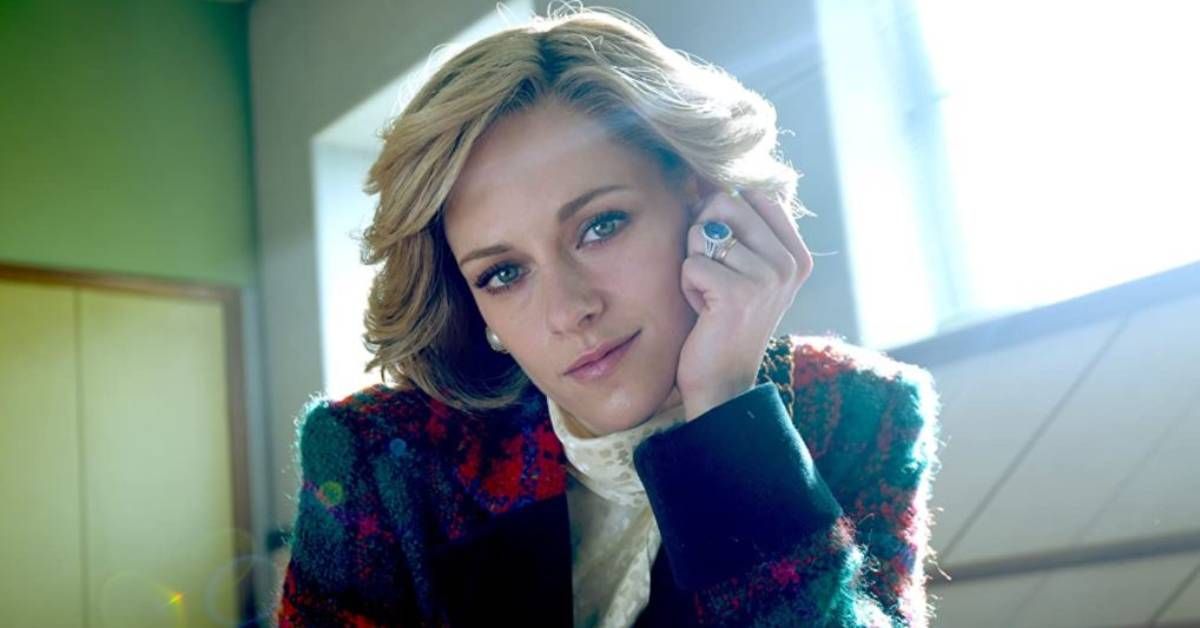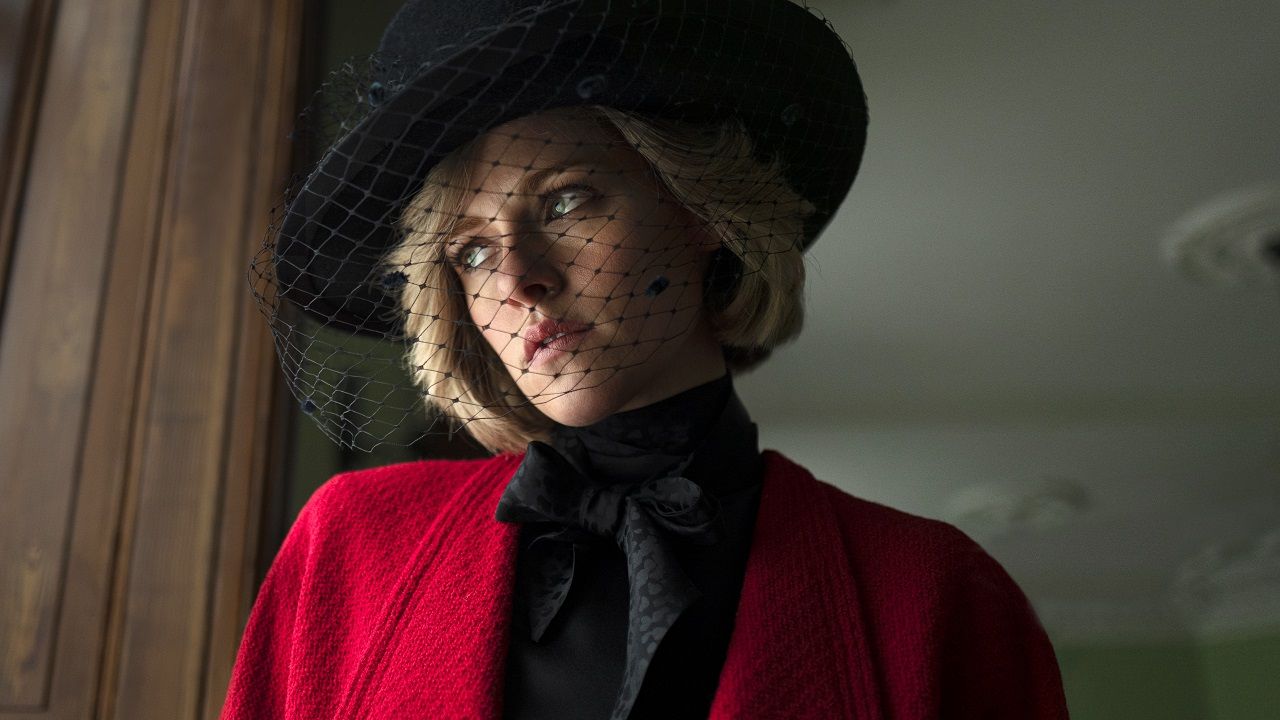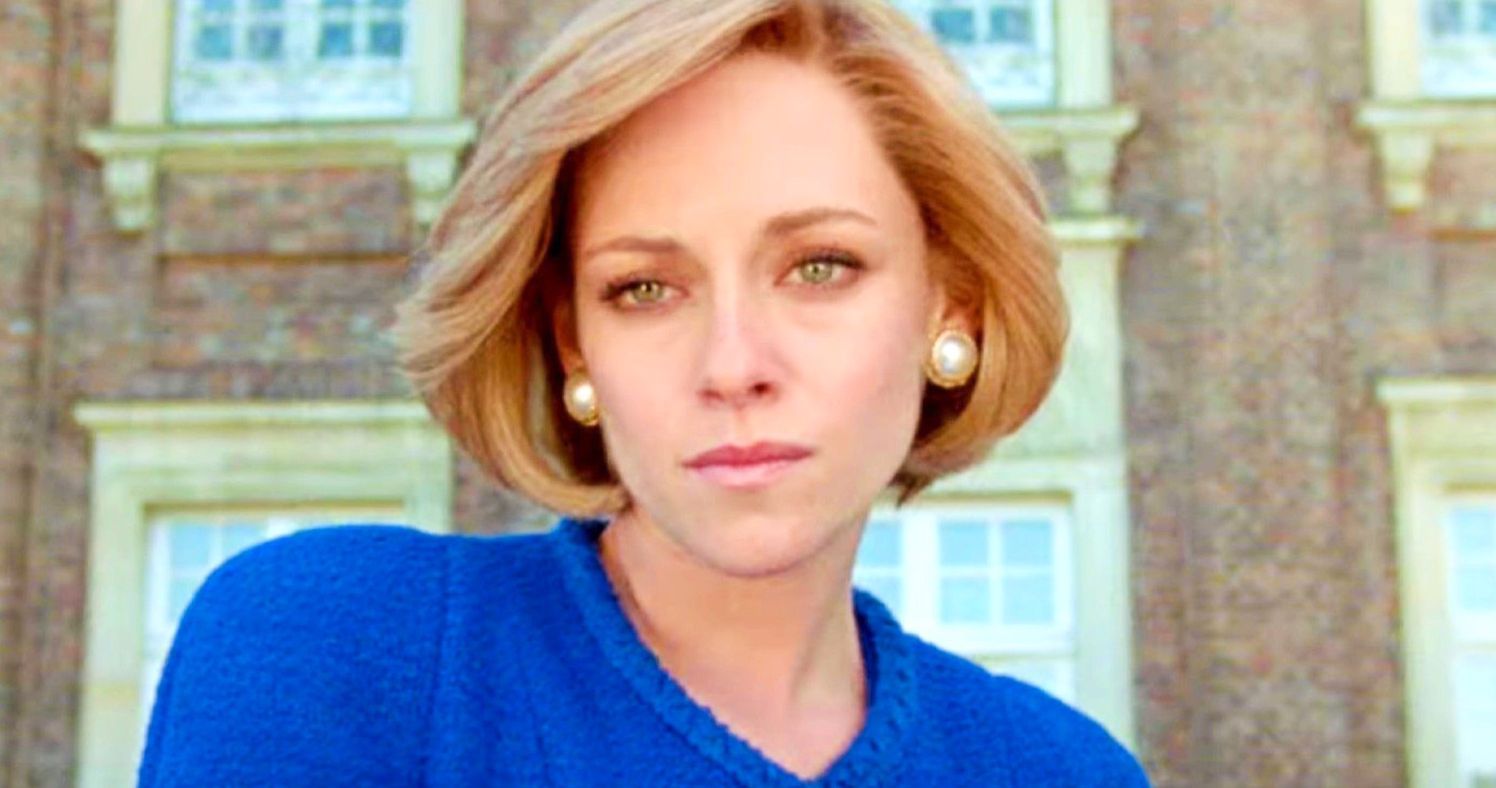Last fall's critically-acclaimed drama Spencer has proved less of an awards' magnet than it seemed to critics upon its release. In spite of impeccable cinematography by Claire Mathon, standout supporting turns from Timothy Spall (Harry Potter, Denial), Sean Harris (Mission Impossible: Fallout, The Green Knight), and Oscar nominee Sally Hawkins (Godzilla, The Shape of Water), and a beautifully-judged free jazz score from Radiohead's Jonny Greenwood, the film garnered no nominations for this year's BAFTAs. It was also overlooked in every Oscar category, save one - Best Actress for Kristen Stewart's portrayal of Diana, Princess of Wales.
But if ever a performance was Oscar-worthy, Stewart's is. Here's why.
Stewart’s Diana Is Likable
Not, of course, that the Princess wasn't already. On the contrary, she was immensely likable during the sixteen years that she was in the spotlight. In the opening scene, a lost Diana stops at a roadside cafe to ask for directions. "Where am I," she asks a room filled with strangers. She is met with silence. No one helps, not out of indifference or hostility, but because the other customers are dumbfounded. Here, in front of their eyes, is a royal, and not just any royal: the most glamorous and yet most accessible new member of the British royal family to come to prominence in decades. It is a poignant reminder of how thirty years ago -- before the succession of scandals that have dogged the British royal family in recent years -- Diana was not merely liked by the majority of the British public but adored.
And yet, playing Diana would always be an uphill struggle. Despite her affable public image, beauty, and endearingly undisguised fragility, there is the perennial disconnect faced by anyone who tries to make a film about the British royal family. It is extremely difficult to get paying audiences to sympathize with someone who by default has lived a life of exceptional privilege, safely cossetted within an institution that benefits from public funds, and has struggled for decades to define a reason for its continued existence.
Only a few actors have managed to evoke sympathy for the royals - one thinks of Judi Dench's moving work as Queen Victoria in Mrs. Brown (1997) and Victoria & Abdul (2017), or Colin Firth's Oscar-winning performance as King George VI in The King's Speech (2010). But the sheer rarity of such examples shows what thin tightrope actors walk in, bringing out the pathos of individuals for whom not even First World problems excite much anxiety. Kristen Stewart pulls it off with aplomb, successfully portraying the princess's loneliness in a family whose members often saw her as fractious and difficult.
Stewart Offers a Portrayal, Not an Impersonation
Too many actors in historical dramas fall into the trap of playing up the idiosyncrasies of the real-life characters they portray, creating a less than satisfying caricature. The best portrayals tend to be the result of underplaying. Stewart's cast-mate Timothy Spall's intelligent work as Winston Churchill in The King's Speech or Frank Langella's power-hungry yet maudlin Richard Nixon in the movie adaptation of Frost/Nixon (2008) exemplifies the virtues of, so to speak, distillation over impersonation. Stewart takes the same route.
She has Diana's tell-tale head tilt and the characteristic rolling of the eyes when she was embarrassed or stuck for words, down pat. But they get reined in favor of more contemplative work that evokes the tension of a woman being placed under acute psychological strain.
Diana’s Persona Is Allowed to Drop
When depicting historical figures, especially ones from the recent past, it can be easy to add a veneer of deference to those depictions. The rough edges are knocked off, and virtues are polished to a mirror shine. We saw this happen in the execrable Madonna vehicle W.E. (2011), which carefully glossed over Edward VIII's Nazi sympathies in favor of a sanitized celebration of his relationship with Wallace Simpson.
But Stewart benefits from a script that is sufficiently self-possessed to acknowledge Diana's imperfections, playing such scenes with the sort of measured, calculated restraint one would expect from someone who had no choice but to play a game of psychological chess with almost everyone in her inner circle. One sees it in her at first nonchalant and then panicked reaction on being told she would have to take part in a peculiar royal ritual of being weighed before Christmas dinner (Diana suffered from an eating disorder, about which she spoke at length towards the end of her life).
Again, it hoves into view at her disdain at being given a gift by Prince Charles identical to that she knew had been given to his (then) mistress, Camilla Parker-Bowles. The futility of her outwardly generous gesture -- she proffers the string of priceless pearls to a palace cleaner, only to be rebuffed as it wouldn't be "right" to accept them -- only underscores the abiding image of a woman caught between the need to respect custom and tradition, and the need to acknowledge her unhappiness.
While Stewart did competent work in the Twilight saga ten years ago, there was little evidence of the panache and nuance of meaning on display here. The performance is a triumph - and well worthy of an Oscar nod.




